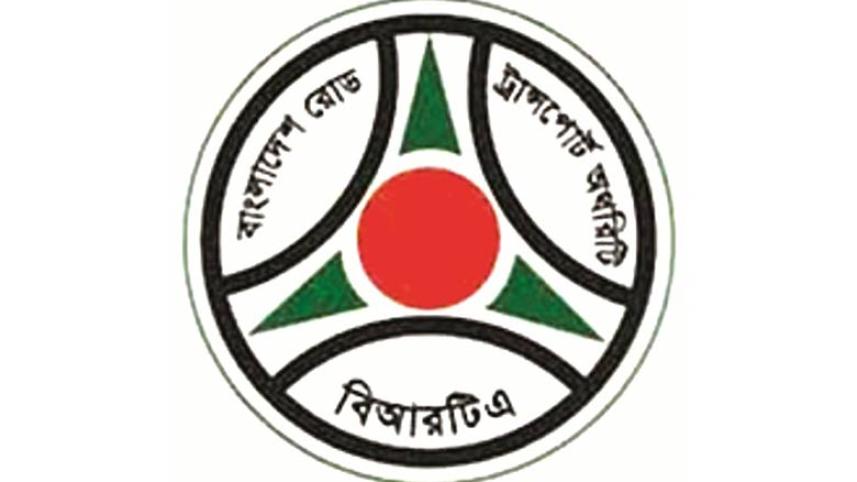Irregularities at BRTA

It is baffling how, despite a longstanding demand for better service and transparency, Bangladesh Road Transport Authority continues to be defined by corruption and irregularities. At a recent public hearing held at its Mirpur office, service seekers complained that their vehicle documents had gone "missing", they were given the runaround by BRTA staff while receiving Digital Registration Certificates, driver's licences and fitness certificates and having ownership of vehicles transferred to their names. The obvious question that comes to mind is this: How on earth do the old, battered buses, CNG-run auto rickshaws, and improvised vehicles receive fitness certificates? How do several bus operators continue to charge passengers extra fares on different routes in the capital?
The complaints made at the hearing are not new. The BRTA, the sole government agency to regulate road transport, has been facing widespread allegation of corruption for many years. Earlier this year the Anti-Corruption Commission organised a hearing on the quality of services provided by the BRTA where people ventilated similar concerns. But the initiative apparently did not lead to any changes.
Bangladesh has become one of the deadliest places in the world on the roads with a fatality rate of 70, affirming the country's status as among the riskiest in the world for road users. With the number of motor vehicles growing at 8 percent per annum, there is a serious risk that road casualties will increase. Instead of causing needless suffering to its clients, the BRTA should concentrate on making the roads safer for everyone. A complete overhaul seems to be the only way out.



 For all latest news, follow The Daily Star's Google News channel.
For all latest news, follow The Daily Star's Google News channel.